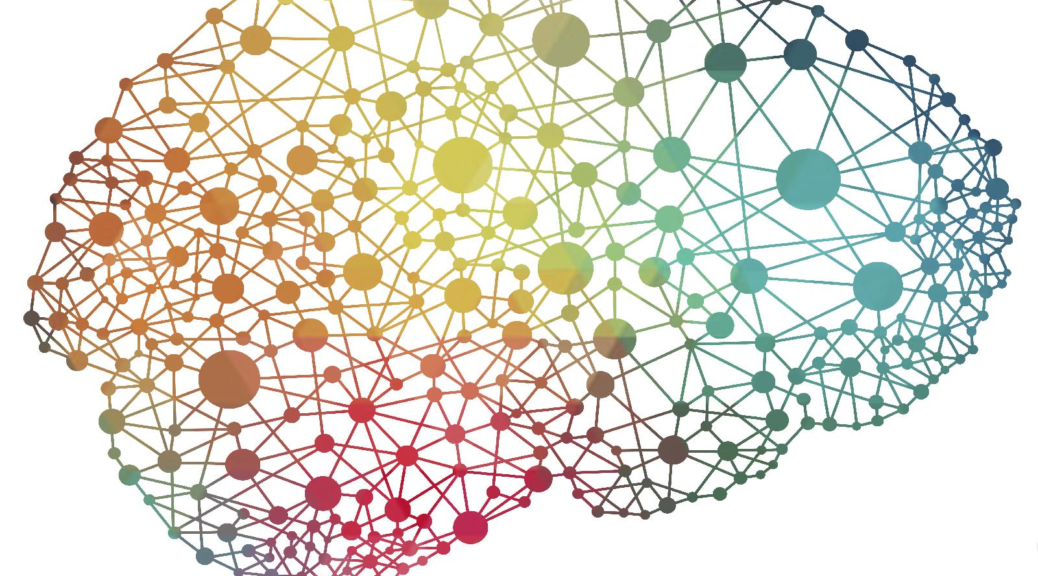Complementary and Alternative Medicine: Why Do Some People Believe?
There are still people who believe in the most bizarre “cures” for autism. We see stories about the continued use of chelation (which reportedly has the rather nasty side-effect of occasionally killing people) and bleach “MMS” (ditto). Some of these complementary and alternative treatment approaches seem so utterly bizarre as to be completely devoid of any vestiges of logic, reason, or science: I once had a parent earnestly tell me that giant magnets under her autistic child’s bed were essential…
